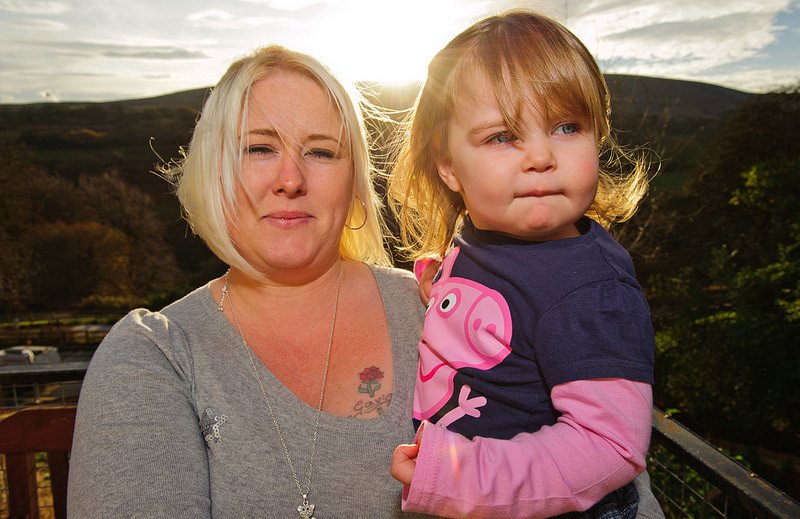 Poverty
Poverty 
“It’s not about the money, money, money”, sings Jessie J. She might be right about the music industry but unfortunately she’s wrong when it comes to measuring child poverty.
There are just three days to go to tell the Department for Work and Pensions how child poverty should be measured.
The DWP has proposed a broad range of measures that it is considering using, alongside or in place of measures of household income. These include, for example, some measures of parents’ characteristics, such as parents’ qualifications or whether a parent is disabled, measures of deprivation such as the quality of housing and local schools, and measures of the state of the economy such as worklessness and debt.
Money matters
Most commentators agree that poverty, including child poverty, is about a lack of material resources. A child can lack other things, such as love, emotional stability or opportunities to develop, all of which are extremely important, but they are not material poverty.
Resources are more than cash although cash is nevertheless the most important resource because it buys so many of the material things a child needs – a home that is warm and dry, a decent diet, warm shoes and a coat, and the occasional treat. Nevertheless, other material resources that might be added to measures of income are assets owned by the household e.g. if the family owns a house or has savings, and the security of its income (e.g. is a parent in temporary, insecure employment).
It is vital therefore that any new measure of child poverty includes a measure of income and wealth in the household.
Poverty is not about feckless parents
Measures of what DWP thinks is parental fecklessness loom large in the proposed measures. So worklessness features heavily, along with parental alcohol and drug misuse, household debt (but not mortgages of course), parents’ level of education and being a lone parent or in a step-family.
Most of these characteristics are simply irrelevant to whether a family has enough money to live on. Some of them, such as alcohol misuse, might be very damaging for a child but they don’t inevitably mean a family lives in poverty. Others identified by DWP are frankly insulting. The only reason that a parent disabled by an accident or living with cancer is poor is because he or she is unable to work and benefit levels are so low. Having a disability does not on its own make a child poor.
Lack of jobs, low wages and low benefit levels cause poverty
Unfortunately the DWP consultation is silent on the main reasons why parents have low incomes. There is nothing in the consultation paper on low wages, insecure employment or the availability of jobs in the local area. There is nothing on the number of childcare places and the cost of child care relative to the median wage. There is nothing on rent levels, on the premium paid for pre-payment gas and electricity, and on extortionate interest rates charged by door-step and payday lenders.
There are just three days to go to let DWP know what you think about these ideas.
It is vital that as many people from Wales as possible tell them what they think. The consultation paper is available in English and Welsh here. The closing date is 15th February.
DO IT NOW!


